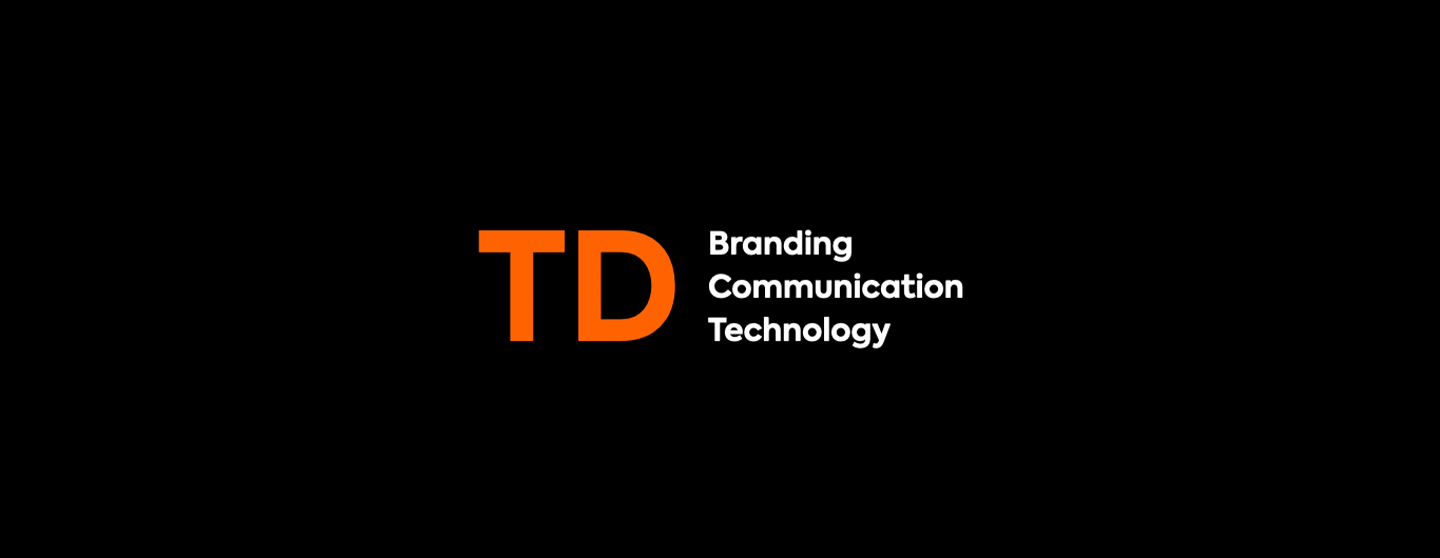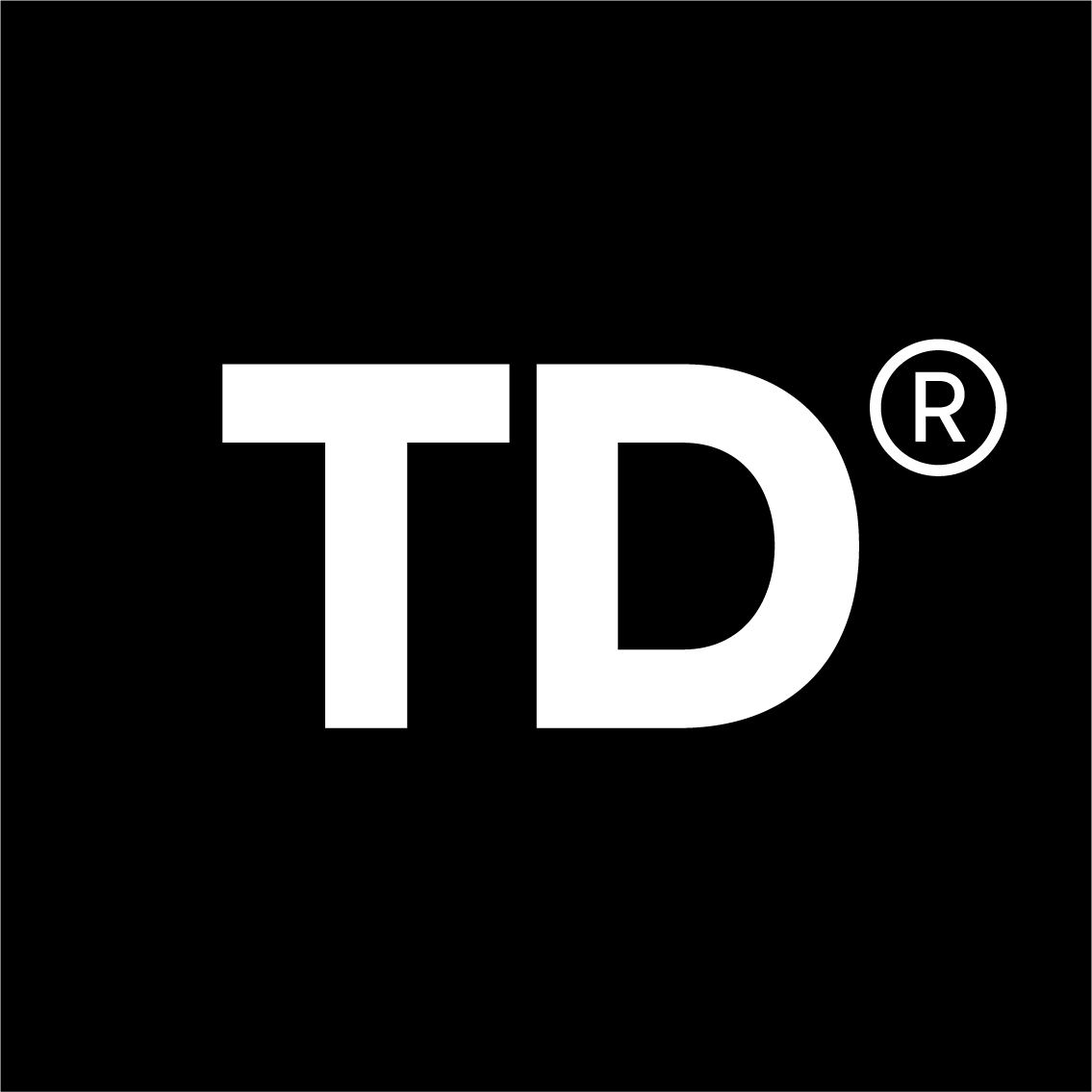

Total Design Holding B.V.

1.6
North Holland, Netherlands The
June 2025
Advertising & market research
Service with Minor Environmental Footprint
Belgium,
Netherlands Antilles,
Netherlands The
Total Design is a strategic creative agency, established in 1963, that blends branding, communication, and technology to shape impactful experiences and societal progress. With around 70 strategists, designers, developers, and storytellers based in Amsterdam, we design identities, services, and platforms that are inclusive, future-proof, and meaningful. Over six decades, Total Design has weathered industry disruptions and continuously embraced innovation—helping shape the Netherlands through iconic projects such as Schiphol’s wayfinding, the telephone book, and visual identities for Stedelijk Museum and Randstad. Today, we partner with leading clients including ING, HEMA, Nationale Nederlanden, Aegon, Radboud University, TU Eindhoven, the Van Gogh Museum, and Bellingcat.
Overall B Impact Score
Governance 18.1
Governance evaluates a company's overall mission, engagement around its social/environmental impact, ethics, and transparency. This section also evaluates the ability of a company to protect their mission and formally consider stakeholders in decision making through their corporate structure (e.g. benefit corporation) or corporate governing documents.
What is this? A company with an Impact Business Model is intentionally designed to create a specific positive outcome for one of its stakeholders - such as workers, community, environment, or customers.
Workers 33.2
Workers evaluates a company’s contributions to its employees’ financial security, health & safety, wellness, career development, and engagement & satisfaction. In addition, this section recognizes business models designed to benefit workers, such as companies that are at least 40% owned by non-executive employees and those that have workforce development programs to support individuals with barriers to employment.
Community 20.5
Community evaluates a company’s engagement with and impact on the communities in which it operates, hires from, and sources from. Topics include diversity, equity & inclusion, economic impact, civic engagement, charitable giving, and supply chain management. In addition, this section recognizes business models that are designed to address specific community-oriented problems, such as poverty alleviation through fair trade sourcing or distribution via microenterprises, producer cooperative models, locally focused economic development, and formal charitable giving commitments.
Environment 11.0
Environment evaluates a company’s overall environmental management practices as well as its impact on the air, climate, water, land, and biodiversity. This includes the direct impact of a company’s operations and, when applicable its supply chain and distribution channels. This section also recognizes companies with environmentally innovative production processes and those that sell products or services that have a positive environmental impact. Some examples might include products and services that create renewable energy, reduce consumption or waste, conserve land or wildlife, provide less toxic alternatives to the market, or educate people about environmental problems.
Customers 6.9
Customers evaluates a company’s stewardship of its customers through the quality of its products and services, ethical marketing, data privacy and security, and feedback channels. In addition, this section recognizes products or services that are designed to address a particular social problem for or through its customers, such as health or educational products, arts & media products, serving underserved customers/clients, and services that improve the social impact of other businesses or organizations.
What is this? A company with an Impact Business Model is intentionally designed to create a specific positive outcome for one of its stakeholders - such as workers, community, environment, or customers.